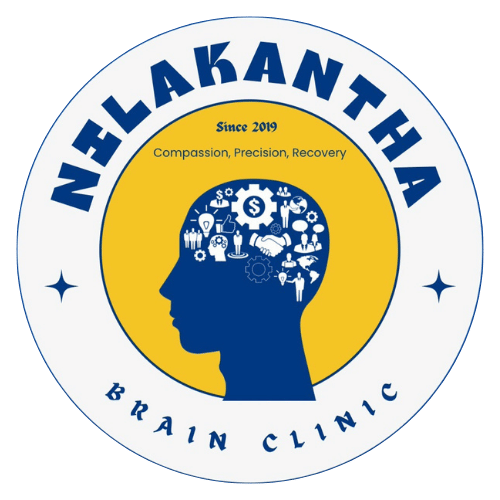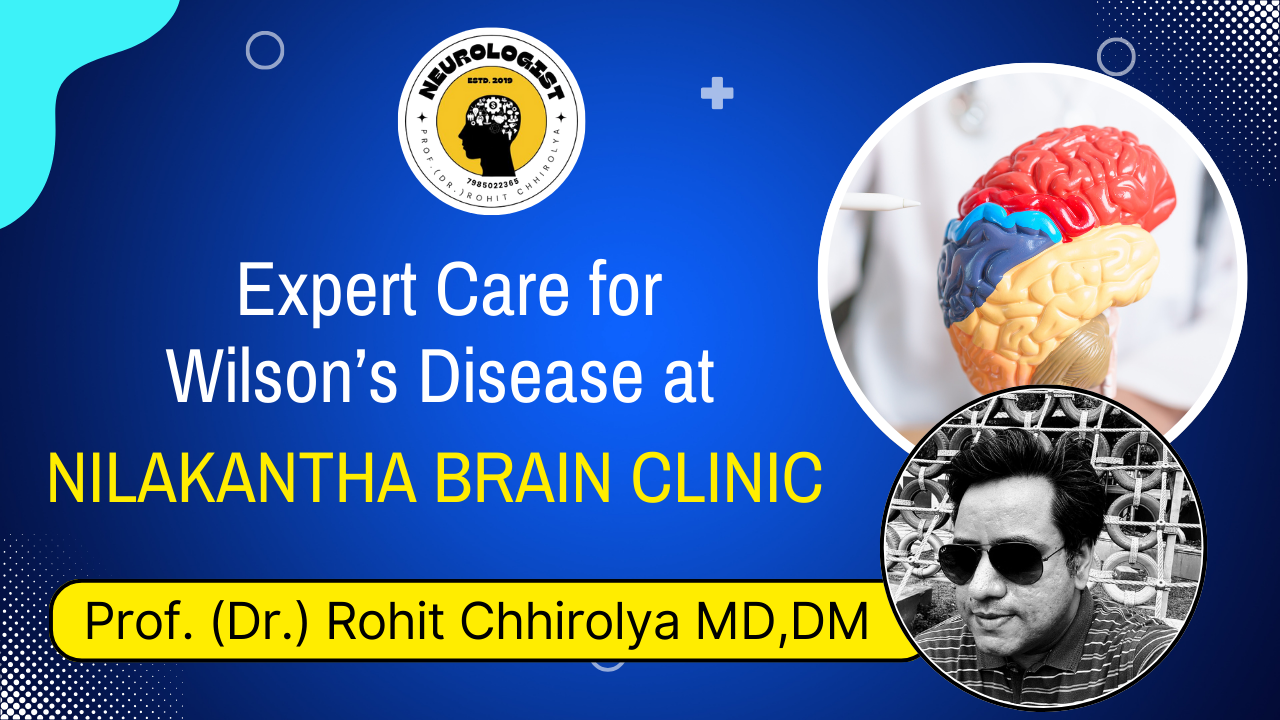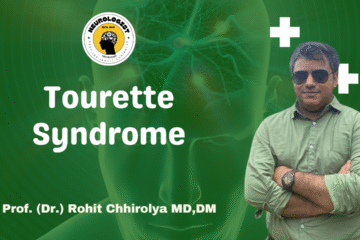Comprehensive Guide to Wilsons Disease: Diagnosis, Treatment & Expert Care in Cuttack
Table of Contents
- Understanding Wilsons Disease
- Symptoms and Clinical Presentation
- Causes and Genetic Factors
- Diagnostic Process
- Treatment Approaches
- Nutritional Management
- Why Choose Nilakantha Brain Clinic?
- Finding the Right Specialist
- Living with Wilsons Disease
- Research and Future Therapies
- Patient Support Resources
- FAQs
- Success Stories
- Schedule Your Consultation
1. Understanding Wilsons Disease
Wilsons disease (hepatolenticular degeneration) is a rare autosomal recessive disorder affecting copper metabolism, with a global prevalence of 1 in 30,000. Wilsons disease is a rare genetic disorder that causes excessive copper accumulation in the liver, brain, and other vital organs. Without treatment, copper toxicity can lead to irreversible liver damage, neurological issues, and psychiatric symptoms. Early diagnosis by the best neurologist in Cuttack is critical to prevent complications and improve outcomes. The disease results from mutations in the ATP7B gene, which encodes a copper-transporting ATPase critical for:
- Biliary copper excretion
- Ceruloplasmin biosynthesis
- Cellular copper homeostasis
Key Facts:
- Onset typically occurs between ages 5-35
- Affects liver (100%), brain (40-50%), and other organs
- Untreated cases progress to fatal liver failure or severe neurological disability
2. Symptoms and Clinical Presentation
Hepatic Manifestations (often first presentation):
- Asymptomatic elevated liver enzymes
- Acute hepatitis (mimicking viral hepatitis)
- Cirrhosis with complications (ascites, variceal bleeding)
- Fulminant hepatic failure (Coomb’s-negative hemolytic anemia)
Neurological Symptoms:
- Movement disorders (tremor, dystonia, parkinsonism)
- Dysarthria and dysphagia
- Pseudobulbar affect (inappropriate laughing/crying)
- “Face of the giant panda” sign on MRI
Psychiatric Features:
- Depression and anxiety (30-40%)
- Cognitive impairment
- Personality changes
- Psychosis (rare)
3. Causes and Genetic Factors
Genetic Basis:
- 600 known ATP7B mutations worldwide
- Common mutations vary by ethnicity:
- H1069Q (European)
- R778L (Asian)
- 2299insC (Indian)
Inheritance Pattern:
- Autosomal recessive (25% risk if both parents are carriers)
- 1% carrier frequency in general population
4. Comprehensive Diagnostic Process
Laboratory Tests:
Diagnosis involves:
- Blood/Urine Tests: Check ceruloplasmin levels and 24-hour urine copper.
- Liver Biopsy: Measures copper concentration in liver tissue.
- Genetic Testing: Identifies ATP7B mutations.
- MRI/CT Scans: Detects brain abnormalities like basal ganglia lesions.
At Nilakantha Brain Clinic, the best neurology specialist in Cuttack uses advanced tools for accurate diagnosis
- Serum ceruloplasmin (<20 mg/dL in 85%)
- 24-hour urinary copper (>100 μg/24h)
- Hepatic copper quantification (>250 μg/g dry weight)
Imaging Studies:
- Brain MRI: T2 hyperintensities in basal ganglia
- Abdominal ultrasound: Cirrhosis, portal hypertension
- Transient elastography (FibroScan): Liver stiffness
Genetic Testing:
- Targeted mutation analysis
- Whole-gene sequencing
- Family screening for at-risk relatives
5. Treatment Approaches
Pharmacological Therapy:
- Chelation Therapy:
- D-penicillamine (250-2000 mg/day)
- Trientine (750-1500 mg/day)
- Monitoring: CBC, urinalysis, copper levels
- Zinc Therapy:
- Mechanism: Induces metallothionein in enterocytes
- Dose: 50 mg elemental zinc 3x daily
- Side effects: Gastric irritation
Surgical Options:
- Liver transplantation for:
- Acute liver failure
- Decompensated cirrhosis
- Treatment-resistant cases
6. Nutritional Management
Foods to Avoid:
- Shellfish (oysters, lobster)
- Organ meats (liver, kidney)
- Nuts and chocolate
- Mushrooms
- Copper-rich vegetables (potatoes with skin)
Recommended Diet:
- Lean proteins
- Whole grains
- Low-copper vegetables (carrots, cucumbers)
- Bottled/distilled water (if copper pipes present)
7. Why Choose Nilakantha Brain Clinic?
Specialized Services:
- Dedicated metabolic disorders clinic
- 24/7 neurological emergency care
- Multidisciplinary team including:
- Hepatologists
- Movement disorder specialists
- Psychiatrists
- Nutritionists
Advanced Technology:
- 3T MRI with spectroscopy
- Genetic counseling services
- Liver elastography
8. Finding the Right Specialist
Essential Qualifications:
- Fellowship training in movement disorders
- Experience with metabolic liver diseases
- Access to comprehensive monitoring tools
Questions to Ask:
- How many Wilsons cases have you managed?
- What’s your protocol for treatment monitoring?
- Do you offer family genetic screening?
9. Living with Wilsons Disease
Daily Management:
- Medication adherence strategies
- Symptom tracking apps
- Home safety modifications for neurological symptoms
Long-term Monitoring:
- Quarterly liver function tests
- Annual neurological assessments
- Regular ophthalmologic exams (Kayser-Fleischer rings)
10. Research and Future Therapies
Current Clinical Trials:
- Gene therapy approaches
- Novel copper chelators
- Biomarkers for treatment response
11. Patient Support Resources
Support Organizations:
- Wilsons Disease Association
- American Liver Foundation
- Movement Disorder Society
Educational Materials:
- Dietary guidelines
- Medication information sheets
- Emergency care plans
12. FAQs
Q: Can Wilsons disease be cured?
A: While not curable, proper treatment can control symptoms and prevent progression. Liver transplantation can be curative for hepatic disease.
Q: What’s the life expectancy?
A: With early diagnosis and treatment, normal lifespan is achievable.
13. Success Stories
Case Study 1:
18-year-old male presenting with tremor and jaundice achieved complete remission with trientine and zinc therapy within 2 years.
Case Study 2:
25-year-old female with acute liver failure successfully underwent living donor liver transplantation with excellent neurological recovery.
14. Schedule Your Consultation
Early diagnosis is crucial for optimal outcomes. Contact Nilakantha Brain Clinic today:
Address: NILAKANTHA BRAIN CLINIC,
NEAR SCB MEDICAL COLLEGE MAIN GATE,
KATHAGOLA SHAHI ROAD,
IN FRONT OF HADI BANDHU HOTEL,
BEHIND NILAKANTHA MEDICINE STORE,
MANGALABAGH, CUTTACK,
ODISHA, INDIA
PIN CODE : 753007
Phone: 7985022365
Follow Dr. Chhirolya:
Wilsons disease demands lifelong management, but early intervention can prevent severe complications. Whether you need genetic testing, dietary guidance, or advanced therapies, the best neurology specialist in Cuttack at Nilakantha Brain Clinic provides comprehensive care. Act now—call 7985022365 or visit their website today!


